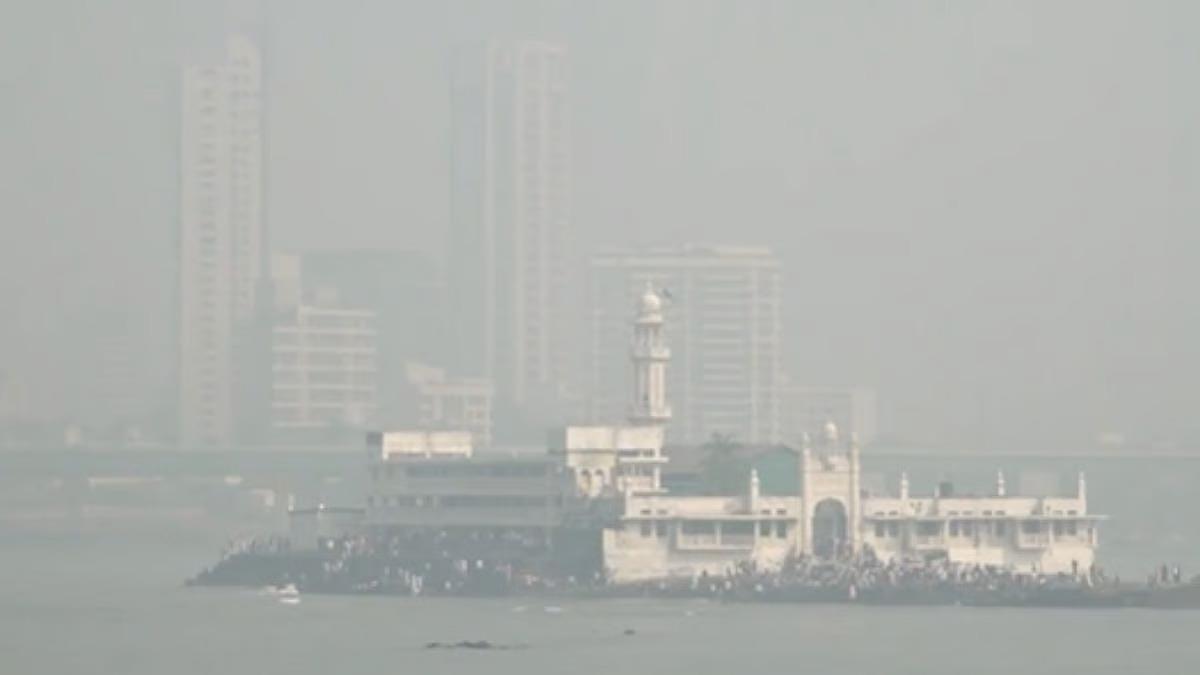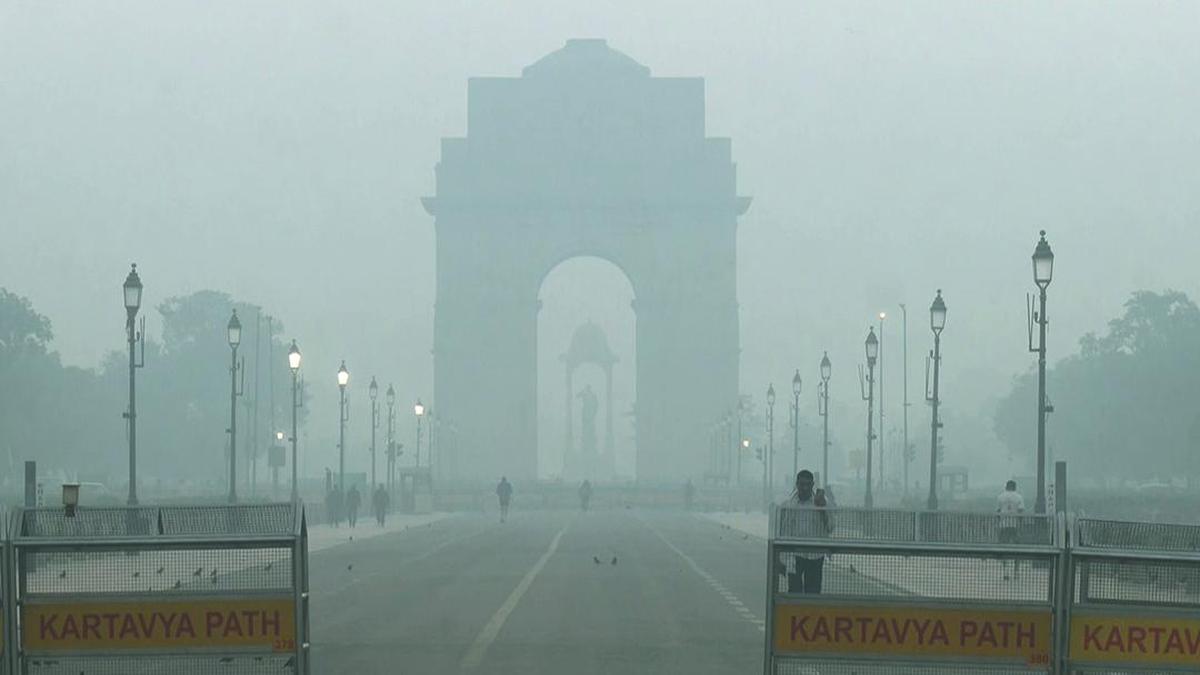Views
58

As we step into 2025, ringing in the New Year with fresh resolutions and thrilling journeys, a pivotal question arises amidst the celebrations: What is Generation Beta?
Generation Beta refers to babies born between 2025 and 2039future torchbearers of the world. By 2035, they are projected to represent approximately 16% of the global population. However, their inheritance is fraught with stark environmental challenges, rapid technological shifts, and evolving societal dynamics. Their first breaths will take place in a world grappling with severe crises and unprecedented opportunities.
Will Pollution Lead to A Tainted First Breath?
The environmental challenges confronting Generation Beta are daunting. According to the World Health Organization (WHO), 99% of the global population already breathes air that exceeds safe pollution levels. Urban areas are particularly vulnerable to particulate matter (PM2.5), which has been linked to respiratory illnesses and impaired cognitive development in children. For Indias first Beta babies, the issue is even more pressing. A Lancet study revealed that air pollution contributed to 6.7 million premature deaths in 2019 alone.
If no action is taken, these children may grow up in a world where clean air is a luxury. But pollution isnt the only concernclimate change poses an even greater threat.
Rising Temperatures and Natural Disasters
The United Nations warns that without immediate intervention, global temperatures could rise by over 2.7C by 2100. This increase would:
The consequences? Communities face displacement, food shortages, and economic upheavals. According to the Intergovernmental Panel on Climate Change (IPCC), warming of just 1.5C could result in the loss of 70-90% of coral reefs, devastating marine biodiversity and livelihoods.
Is Deforestation Causing the Disappearance of Greenery?
Earth loses 10 million hectares of forest annually, according to Our World in Data. This deforestation amplifies carbon emissions, disrupts ecosystems, and diminishes oxygen productionall vital for the survival of future generations. In India, reports from the Food and Agriculture Organization highlight that 32% of the countrys land is degraded, with 25% affected by desertification.
For Generation Beta, the loss of forests is more than an environmental tragedy. Its an immediate concern tied to clean air, biodiversity, and water security.
Food Security in Jeopardy
Rising temperatures, deforestation, and erratic weather patterns directly impact global food security. Agricultural yields are declining due to unpredictable rainfall and extreme conditions, while desertification renders fertile land barren. For a generation that will depend on stable food supplies, this poses a critical challenge. Restoring degraded lands and investing in sustainable agricultural practices are vital to ensuring their future.
A Path to Hope
Despite the grim outlook, solutions exist, and they begin with trees. Research underscores the profound impact of afforestation:
A single mature tree absorbs up to 22 kg of CO2 annually (USDA).
Trees filter pollutants like nitrogen dioxide, ammonia, and sulfur dioxide, reducing PM2.5 levels by up to 25% in urban areas (Nature Conservancy).
Urban trees can lower surrounding temperatures by up to 4C, alleviating heat island effects and reducing energy costs (EPA).
Forests serve as critical habitats for 80% of terrestrial species, supporting ecosystems and natural cycles essential for human survival. Tree roots improve soil permeability, recharge groundwater, and prevent erosionkey to addressing water stress.
A Collaborative Path Forward
To secure a livable future for Generation Beta, collective action is imperative. Solutions include:
Generation Beta deserves to inherit a planet rich in clean air, thriving ecosystems, and natural beauty. Planting trees today isnt just an act of hope; its an act of survival. At Grow-Trees.com, we enable individuals and organizations to make a tangible difference. By supporting our initiatives, you can contribute to creating a sustainable future for Generation Beta and beyond.
Plant a tree today and be part of the solution:www.grow-trees.com
Together, lets ensure that Generation Beta grows up in a world where hope triumphs over despair.
Subscribe to our newsletter and recieve a selection of our cool articles every week.

When Mumbai’s Morning Haze No Longer Feels Like Home
Mumbai Weather Update: AQI Turns Severe as Thick Haze Persists, Free Press Journal (FPJ).
Nov 24, 2025

Delhi Is Gasping Again, And This Time, Even the Clouds Refused to Help
Delhi is choking again. AQI levels have slipped into the ‘severe’ zone, cloud seeding failed, and emergency measures barely make a dent. Because the city doesn’t need one-off fixes, it needs long-term healing. Trees remain the simplest, most effective answer. They absorb carbon, trap dust, cool the air, and act as natural lungs. If Delhi wants cleaner winters, it needs more green cover, not just temporary interventions. Clouds may not cooperate, but trees always will.
Nov 17, 2025
Copyrights @ 2025 All rights reserved by Pangea EcoNetAssets Pvt Ltd.